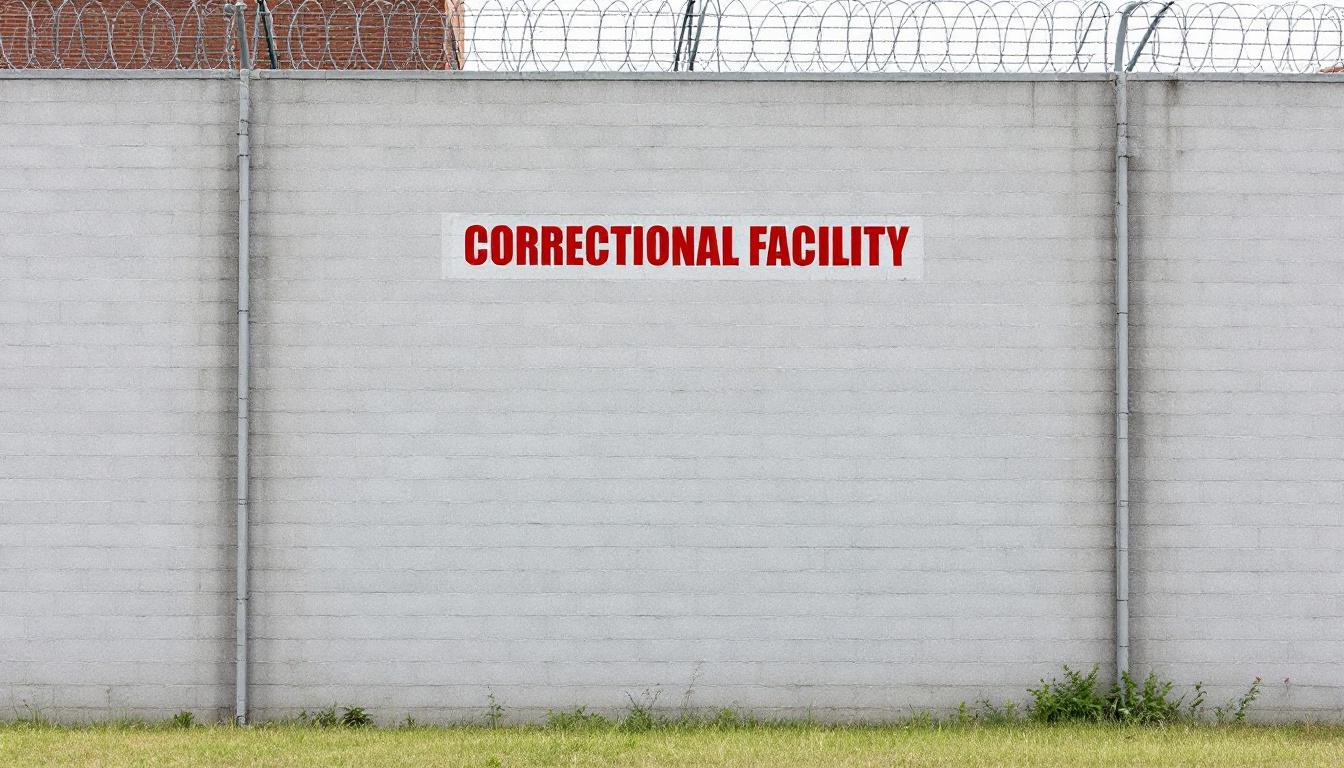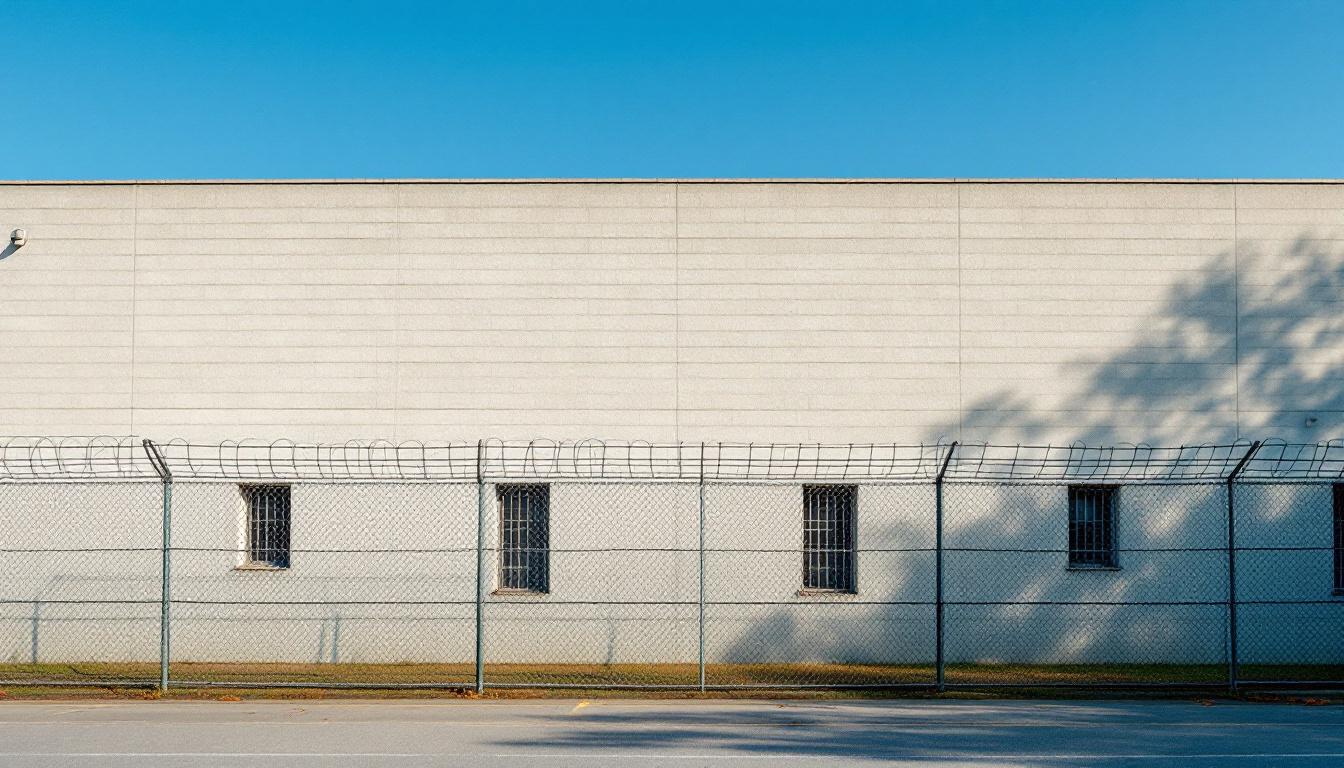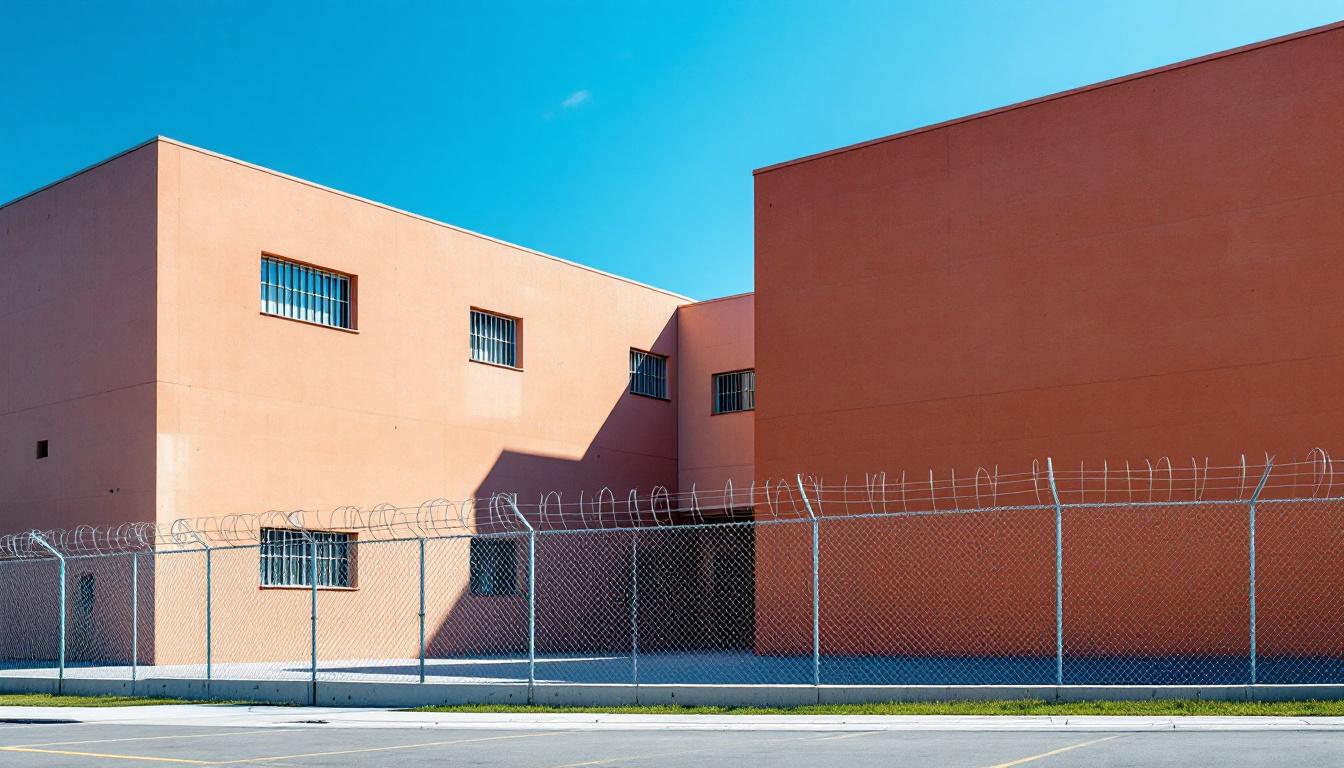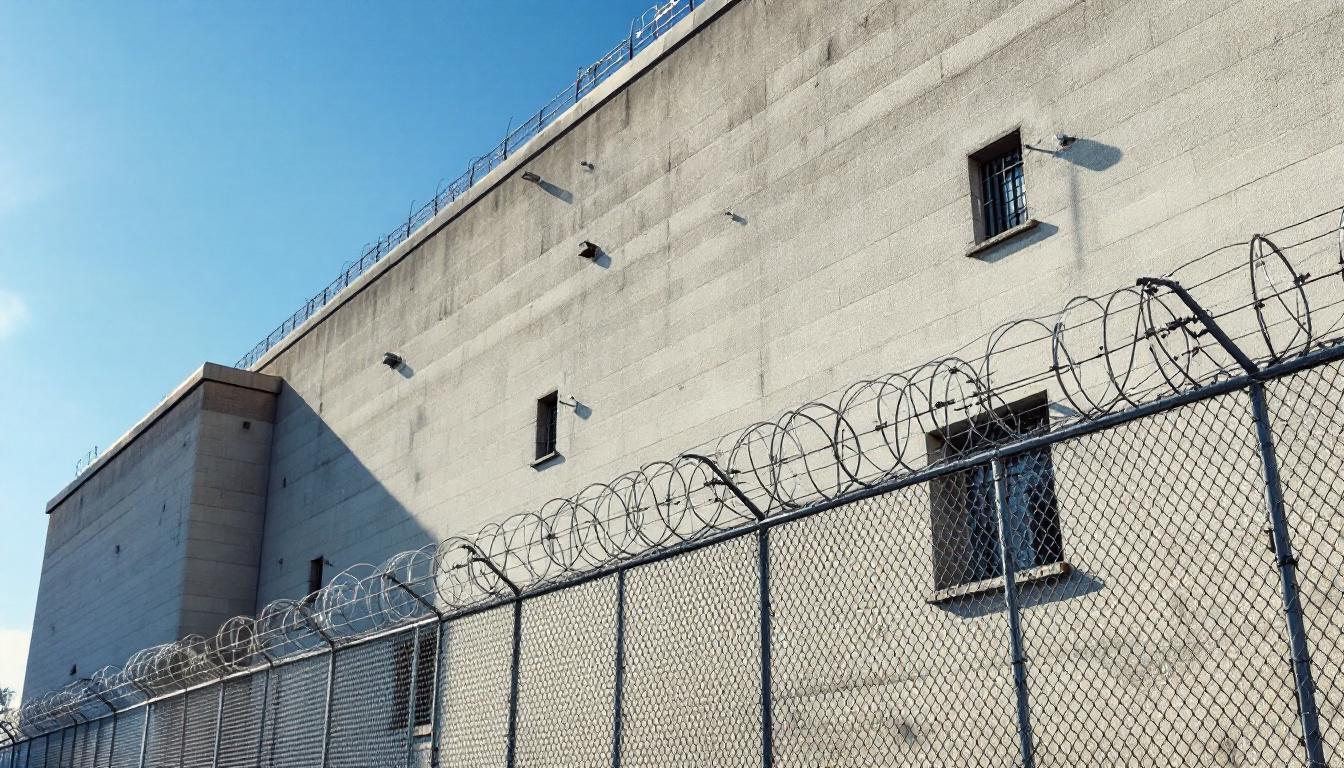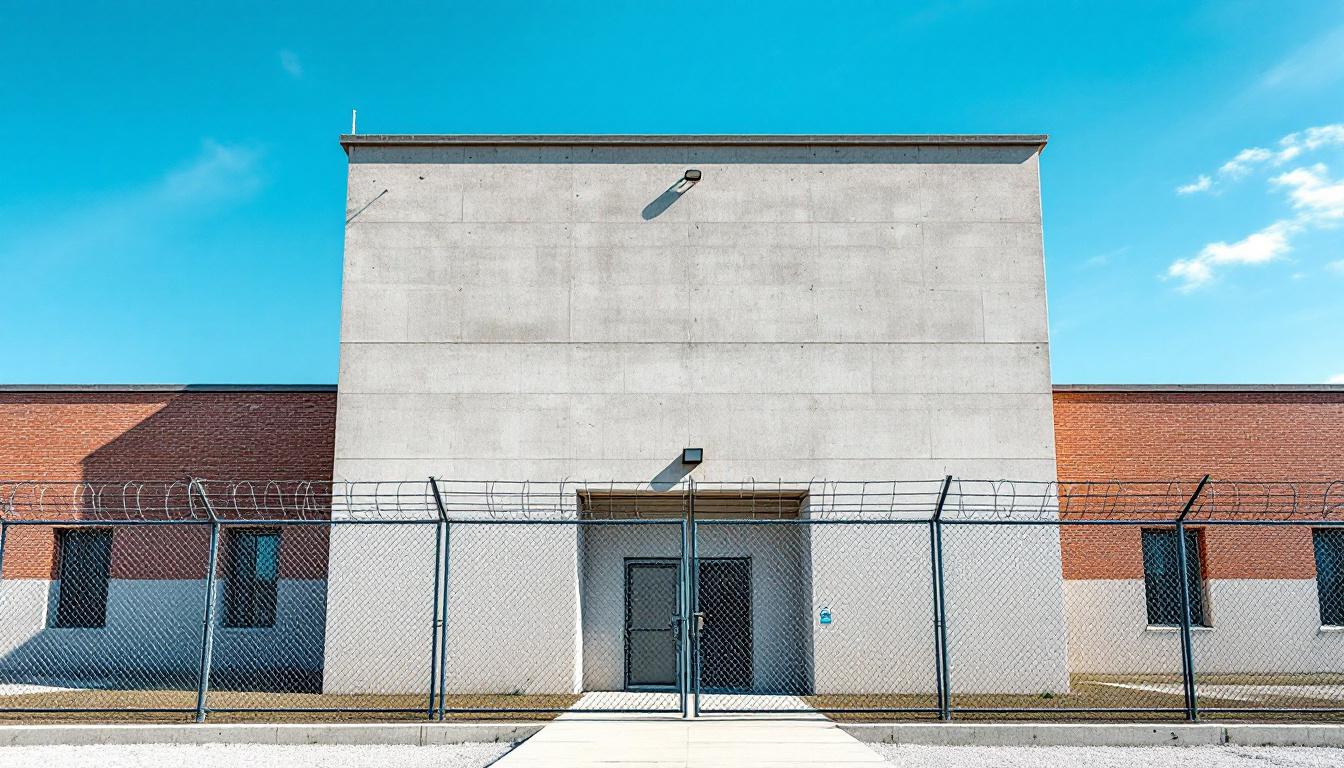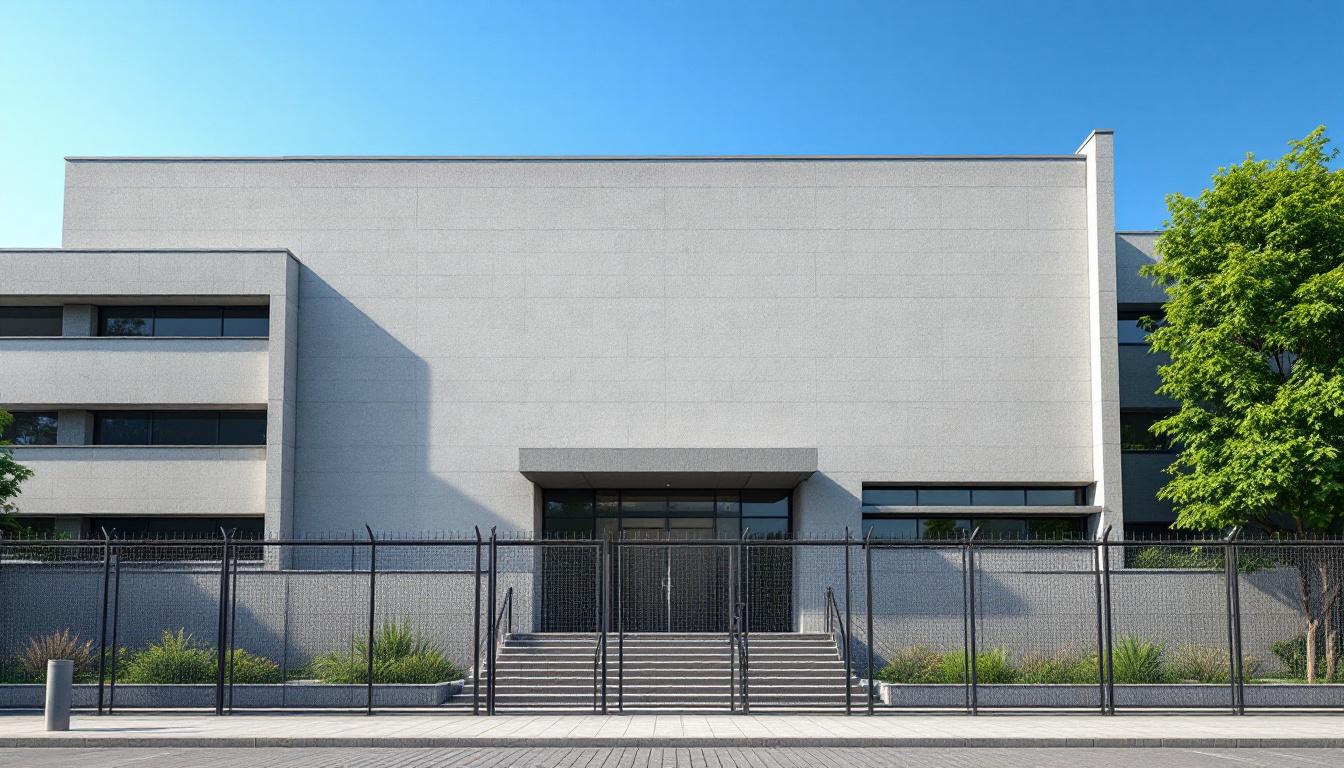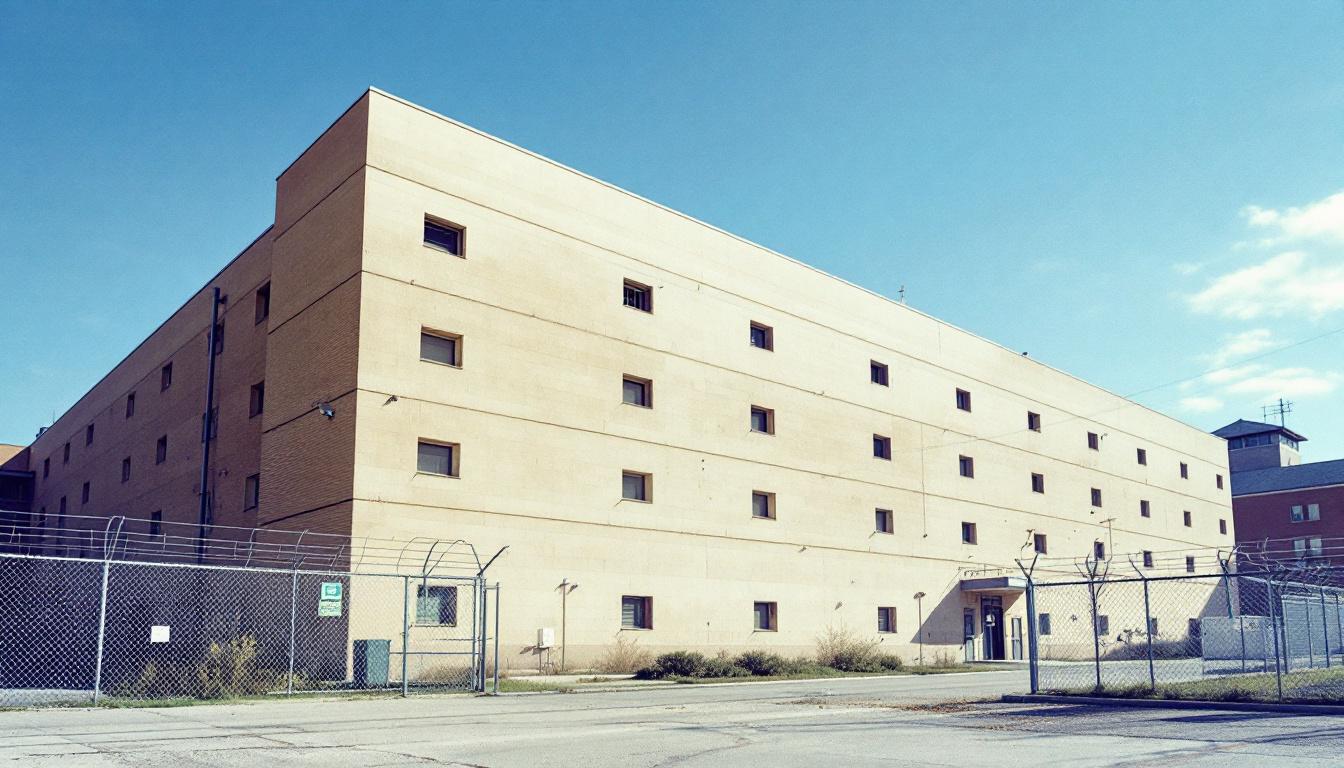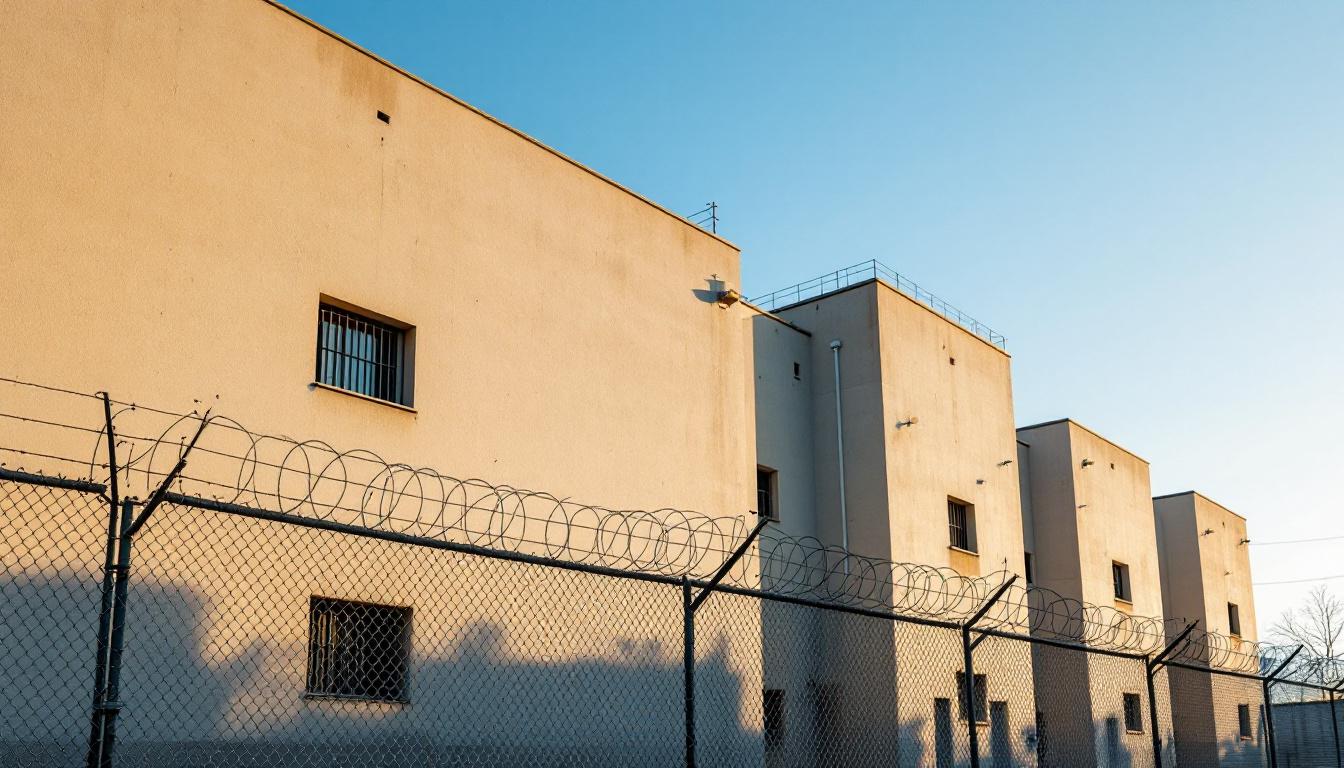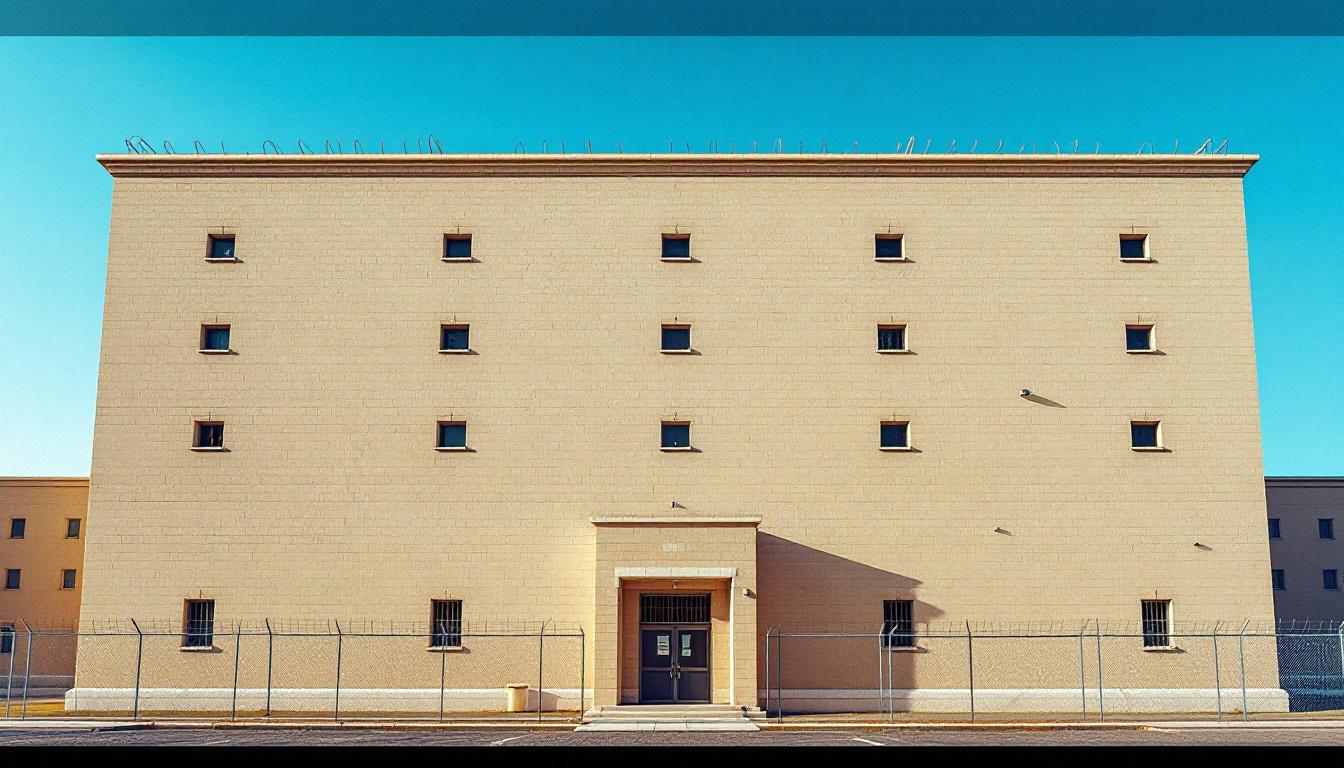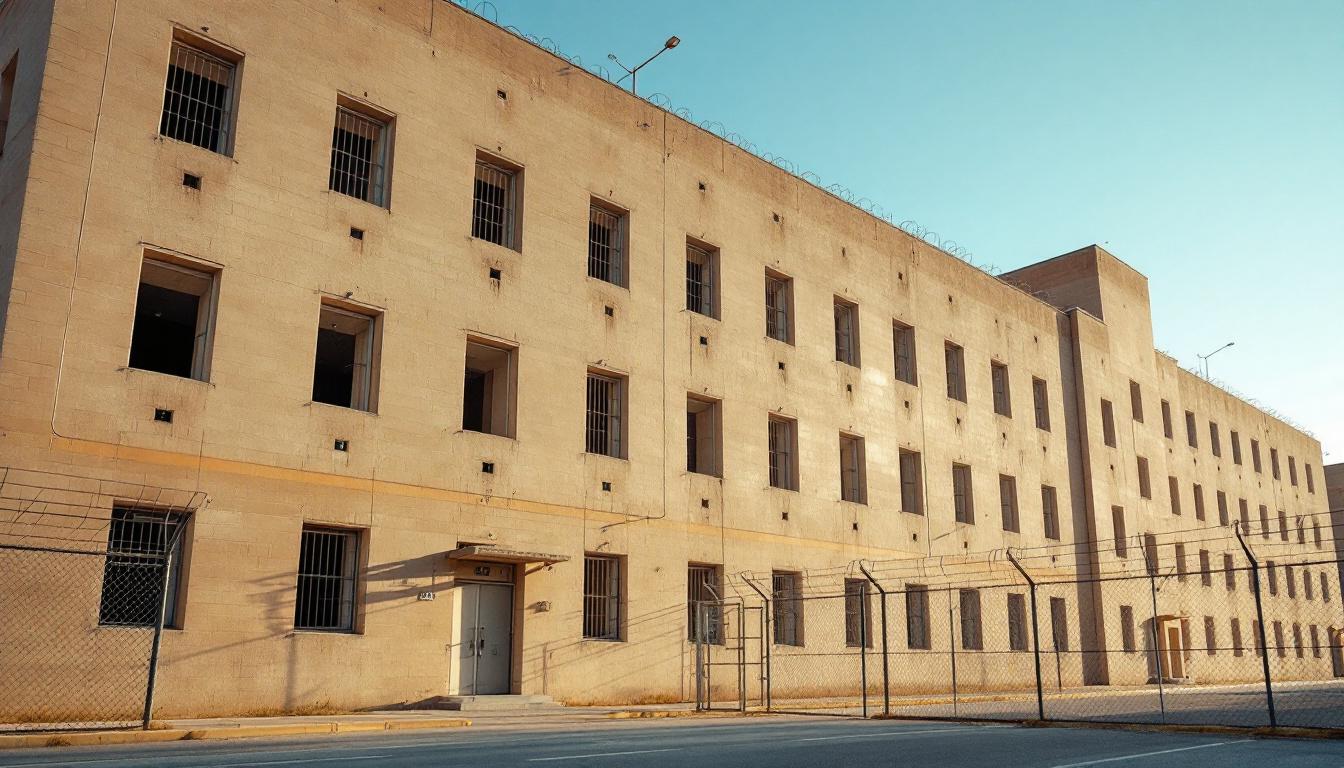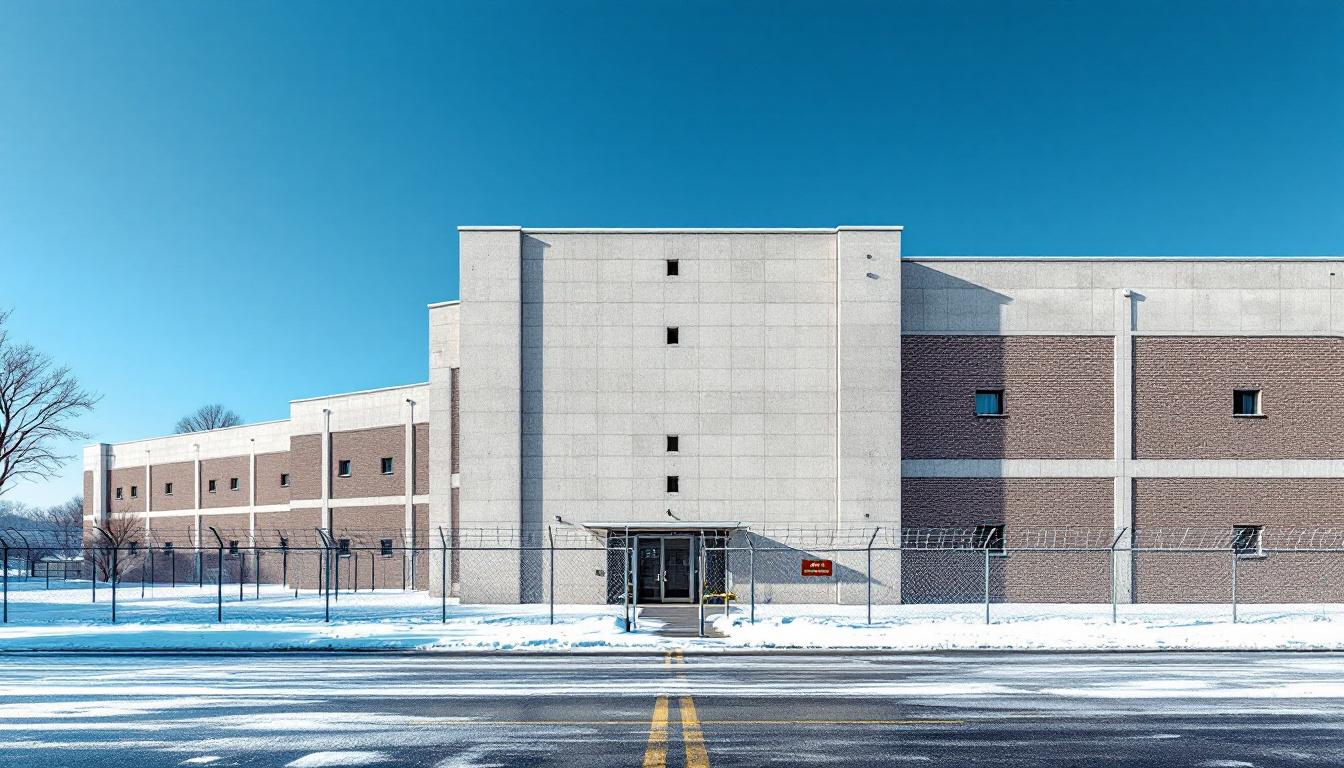
Quick Navigation
How to contact an inmate at White County Sheriff’s Department/Jail
This comprehensive guide will walk you through how to connect with an inmate at White County Sheriff’s Department/Jail. Follow the steps below to find an inmate and send letters and photos:
- Search for the inmate using our search tool below
- Create your account or log in to Penmate
- Write your message (up to 6,000 characters)
- Send instantly - inmates receive printed copies daily
Find an Inmate
Search for an inmate to start communicating today
Tip: You can search by first name, last name, or inmate ID number
To contact a person at White County Sheriff’s Department/Jail start by searching for the person on the official facility website. Perform a search by following these steps:
- Step 1: Enter their first name and last name into the search form and click "Search"
- Step 2: Locate their inmate record
- Step 3: Write down their Inmate ID and any housing information provided
Important! Be sure to enter the person's full name. Nicknames should not be used.
How to Send Messages to Inmates

You can use your phone or computer to send emails, letters, and photos to an inmate. Messages are sent electronically to inmate tablets or kiosks at the facility. If you would like to send a message, start by searching for an inmate at White County Sheriff’s Department/Jail.
Sending Photos and Postcards

A great way to send love and support to a loved one at White County Sheriff’s Department/Jail is to send photos and postcards. It only takes a few minutes to send photos from your phone and it makes a huge difference. You can also mail postcards with words of support and inspiration, or design your own postcard for special moments like birthdays and holidays.
Important! Be sure not to send any explicit photos or they may not be approved by the facility. You can also use a photo printing app like Penmate to make sure your photos are printed at the correct size (4x6 or 3x5) and are mailed according to the rules and regulations of White County Sheriff’s Department/Jail.
Frequently asked questions about White County Sheriff’s Department/Jail
-
How long does it take to deliver a message?
If you're sending an email message your letter is usually delivered within 24-48 hours. For messages sent via mail you should expect delivery within 3-7 days. All messages will need be approved by White County Sheriff’s Department/Jail.
-
How much does it cost to send a message to White County Sheriff’s Department/Jail?
You can send a message free using your phone or mail a message via USPS for the price of a $0.60 stamp and envelope. You can also purchase credits or e-stamps from services starting at $1.99.
-
What services can I use to contact an inmate at White County Sheriff’s Department/Jail?
Penmate
You can use Penmate to send letters and photos to an inmate from your phone. It's an easy way to stay in touch during your loved one's incarceration. Use the inmate locator to find an inmate's location and contact information, then you can send messages within a few minutes.
Securus messaging
Securus may be another option for communicating with an inmate at White County Sheriff’s Department/Jail. You can create a friends and family account and purchase credits to send messages. All messages will be reviewed and must be approved by the facility.
JPay
Some county jails and state prisons may support sending messages with JPay. You must register an account with the system, find your loved one, and purchase stamps to send messages. For some locations you can also attach photos.
Smart Jail Mail
You may also check if Smart Jail Mail is available at White County Sheriff’s Department/Jail. Smart Jail Mail is operated by Smart Communications and has contracted with some state and county jails. After purchasing credits, your messages and photos are sent to the facility, printed out, and then handed out to your loved one.
-
What is the mailing address of White County Sheriff’s Department/Jail?
Mailing address:
White County Sheriff’s Department/Jail
915 Hanawalt St
Monticello, IN 47960
Phone: (574) 583-2251 -
What are the visiting hours at White County Sheriff’s Department/Jail?
Visiting hours at White County Sheriff’s Department/Jail vary by housing unit and security level. Generally, visits are scheduled on weekends and holidays, with some facilities offering weekday visits. Contact the facility directly at (574) 583-2251 or check their website for the current visiting schedule. Visits typically last 30-60 minutes and must be scheduled in advance.
-
What items are prohibited when sending mail to White County Sheriff’s Department/Jail?
Prohibited items typically include: cash, personal checks, stamps, stickers, glitter, glue, tape, staples, paperclips, polaroid photos, musical or blank greeting cards, hardcover books, magazines with staples, and any items containing metal or electronics. Only send letters on plain white paper with blue or black ink. Photos must be printed on regular photo paper (no Polaroids). Always check with White County Sheriff’s Department/Jail for their specific mail policies.
-
How do I send money to an inmate at White County Sheriff’s Department/Jail?
You can send money to an inmate at White County Sheriff’s Department/Jail through several methods: 1) Online using JPay, Access Corrections, or the facility's approved vendor, 2) Money orders mailed directly to the facility with the inmate's name and ID number, 3) Kiosks located in the facility lobby, or 4) Over the phone using a credit or debit card. Fees vary by method, typically ranging from $2.95 to $11.95 per transaction.
-
Can I schedule a video visit with an inmate at White County Sheriff’s Department/Jail?
Many facilities now offer video visitation as an alternative to in-person visits. At White County Sheriff’s Department/Jail, video visits may be available through services like Penmate, Securus Video Connect, GTL, or ICSolutions. Video visits typically cost $10-20 for 20-30 minutes and must be scheduled in advance. You'll need a computer or smartphone with a camera and reliable internet connection. Contact the facility for their specific video visitation policies and approved vendors.
-
What identification do I need to visit an inmate at White County Sheriff’s Department/Jail?
All visitors must present valid government-issued photo identification such as a driver's license, state ID, passport, or military ID. Minors must be accompanied by a parent or legal guardian who can provide the minor's birth certificate. Some facilities require visitors to be on the inmate's approved visitation list, which may require a background check. Contact White County Sheriff’s Department/Jail for specific ID requirements and visitor approval procedures.
-
How can I find out an inmate's release date?
To find an inmate's release date at White County Sheriff’s Department/Jail, you can: 1) Use the online inmate search tool if available, 2) Call the facility's records department, 3) Contact the inmate's case manager or counselor, or 4) Have the inmate provide this information during a call or visit. For privacy reasons, some facilities only release this information to immediate family members.
Facility Overview
Contact Information
White County Sheriff’s Department/Jail915 Hanawalt St
Monticello, IN 47960
Phone: (574) 583-2251
Official Website

About White County Sheriff’s Department/Jail
County jails throughout the Midwest serve as critical components of local justice systems, and White County Jail, Monticello, IN exemplifies this essential role within Indiana’s broader correctional network. Located in the heart of White County, this IN correctional facility operates as a regional hub that typically manages both pre-trial detainees and sentenced individuals, maintaining connections with surrounding counties while serving the specific needs of the Monticello community. The facility generally functions within Indiana’s tiered correctional system, coordinating with state institutions and other county facilities to ensure appropriate placement and resource sharing across the region.
The population services at White County Jail often encompass a comprehensive range of support systems designed to address both immediate custody needs and longer-term reintegration goals. Educational opportunities, substance abuse programming, and mental health services may be available to help individuals prepare for their return to the community, while family visitation and communication programs typically aim to maintain crucial social connections during incarceration. The facility generally works to balance security requirements with rehabilitation-focused initiatives, recognizing that successful reentry benefits both individuals and the broader Monticello area. Medical care, legal access, and basic life skills programming often form part of the holistic approach to corrections, though specific offerings may vary based on available resources and individual needs assessments.
Programs & Services
Through comprehensive support initiatives, White County Jail in Monticello demonstrates its commitment to fostering positive transformation among the population. The facility’s approach emphasizes holistic development, recognizing that meaningful change occurs when individuals receive multifaceted assistance addressing their educational, vocational, and personal growth needs. These carefully structured programs typically create an environment where participants can develop essential life skills while maintaining connections to their communities and families.
Educational opportunities form a cornerstone of the facility’s rehabilitative efforts, with programs that may supply fundamental academic instruction alongside specialized learning initiatives. The population often benefits from structured educational curricula designed to enhance literacy and numeracy skills, while vocational training components provide practical, hands-on experience in various trades. Culinary arts programs frequently serve as particularly valuable pathways, offering participants the opportunity to develop marketable skills that translate directly into employment opportunities upon reintegration into the community.
In addition to these foundational offerings, the facility typically maintains robust support services that address the diverse needs of its population. Faith-based programs often provide spiritual guidance and community connection, while identification document assistance helps eliminate practical barriers to successful reentry. Library services may supply educational resources and recreational reading materials, fostering continued learning and personal enrichment. Furthermore, victim awareness initiatives frequently help participants develop empathy and understanding, contributing to their overall personal development and preparation for meaningful community reintegration.
Daily Life & Visitation
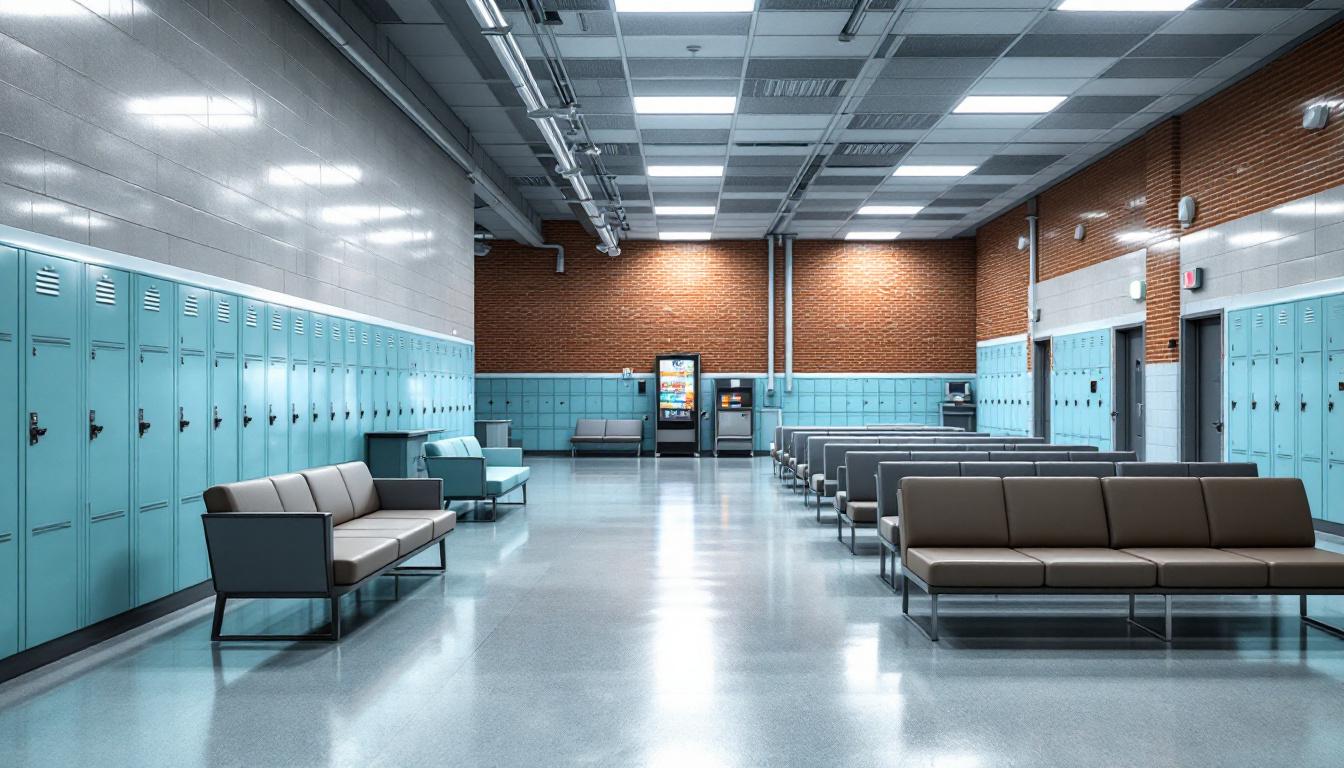
Structured routines and clearly defined protocols form the backbone of how the population navigates their time within the White County Jail facility, where administrative oversight ensures that each day unfolds according to established institutional guidelines. The population now follows a regimented schedule that typically begins with early morning counts and continues through designated periods for meals, programming, and supervised activities, with staff regularly monitoring movement between housing areas and common spaces. Security procedures generally dictate when and how residents transition between different areas of the facility, while administrative staff coordinate the various components that supply structure to daily operations.
In addition to this organizational framework, living accommodations within the facility typically consist of housing units that may accommodate multiple residents, with each area designed to facilitate both supervision and basic daily needs. The population generally receives three meals per day in designated dining areas, where institutional protocols govern seating arrangements and meal distribution procedures. Personal property allowances usually include essential items, while commissary services may provide additional supplies for those with available funds, creating a system where residents can supplement their basic provisions within established guidelines.
Despite this structured environment, the facility often includes recreational opportunities that supply physical activity and social interaction for the population, typically featuring scheduled exercise periods and common area access when security protocols permit. Work assignments may be available for eligible residents, providing structured daily activities that contribute to facility operations while offering purposeful engagement. Family connections regularly occur through scheduled visitation periods and communication systems that usually include phone access and correspondence options, allowing the population to maintain important relationships while adhering to institutional security requirements and administrative procedures.
Ready to Connect?
Start communicating with your loved one today
Search for an Inmate
